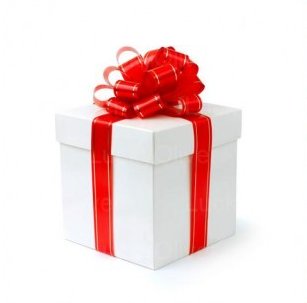With the holidays in full swing as consumers try to push 2009 into the distant past and retailers make a concerted effort to get the cash registers ringing, I was hardly surprised to see the latest issue of Money Magazine dishing out advice on Christmas giving.
There are a total of four articles on the topic of holiday giving in the December 2009 issue about gifts to give yourself, others and even charities. The art of gift giving, unlike investing, is shrouded in many traditions, is a symbol of how we care for one another and is sprinkled with elements of indulgence. Because of this, I was intrigued by Money Magazine’s perspective on this during one of America’s most commercialized holidays.
One article on the “Best Gifts at the Best Prices” (pg. 108) grouped deals by receiver types such as Foodie, Fashionista, and Gadget Geek. I have to say in the category of Foodie, the article had me salivating. Unlike a Consumer Reports ranking of appliances, the authors of this article understood the indulgence factor of gifts touting deals such as a Laguiole steak knives deal on WineEnthusiast.com (set of 6 for ~$70). The same set is available from Amazon and depending on shipping, may be an equally good deal. Another gift for the Foodie in your life not mentioned in the article is a season’s subscription to a local community supported farm. Around San Jose, both Live Earth Farm and Two Small Farms would be great choices.
When it comes to gift-giving for yourself, Money Magazine’s advice (“Three Holiday Gifts to Give Yourself” pg. 21): a book, a receipt organizer and even seeing if you have unclaimed funds with the government.
All of these sound super bah-humbug.
In fact I consider these, at best, periodic activities to be performed as chores throughout the rest of the year. My advice would be if you have a project or hobby a wonderful gift is a splurge an item that would help in the enjoyment of the passion for the rest of the year.
In fact, I have no idea why the suggestions Money Magazine gives for what you should get others should differ from what you should get for yourself.
Of course, the ultimate bah-humbug comes from Joel Waldfogel, Wharton School economist and author of Scroogenomics: Why You Shouldn’t Buy Presents for the Holidays where he turns to the economic theories of utility and argues that no one, but the recipient, can direct funds to the the objects of desire which maximizes utility and therefore everyone should give cash or gift cards. Waldfogel estimates that this lost utility amounts to about $13 billion a year of “dead-weight loss.”
I wonder what will be under Waldfogel’s Christmas tree this year.


